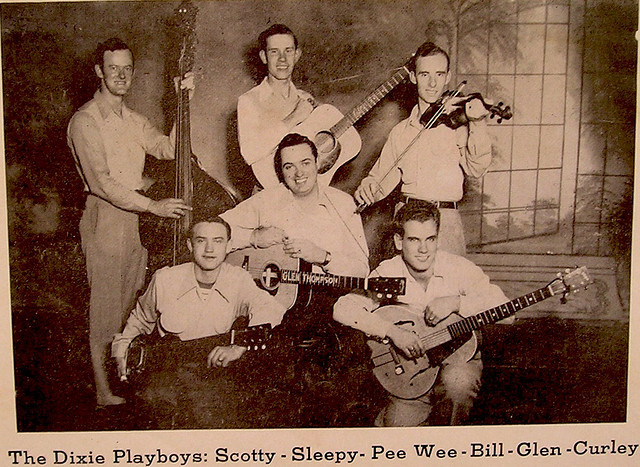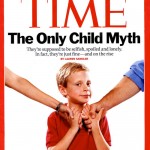(WARNING LOST SPOILERS!!!)
I can relate to John Locke. Also, he’s a Christ Figure:
John Locke is Lost’s man of faith. But he’s not, really, not entirely. He certainly has faith, in the Island, in the unexplained, but he also has doubt; his faith is constantly shaken and never as absolute as he wants it to be. When he goes to persuade Jack that he needs to go back to the Island, you can see in his searching popeyes that some part of him also wants to persuade himself–that he is special, that his “destiny” is not a mistake, that he’s not being swindled again. (Think about it: if one character on Lost has reason to have no faith, in anything or anyone, it’s John Locke.)
Take a look at the scene where he gets ready to hang himself. He’s not going into this calmly, as some sort of stoic sacrifice. He’s been told by Richard Alpert that he must die to save the Island, but he doesn’t entirely believe it, doesn’t entirely want to. You can see the despair in his eyes, the fear. He wants to die; he doesn’t want to die. The man of faith is a man of doubt.
I was going to write that this undermines the Christ parallels that some have drawn for Locke, but thinking about it, it makes him more Christ-like–in the sense that you can feel him wishing, if I remember my Gospels correctly, that this cup could pass from him. Faith for him isn’t some Zen-like impermeable armor. It’s an ill-fitting burial suit. Faith is hard, and O’Quinn’s every-nerve-ending-exposed performance shows us that. You can feel every hurt, from the physical pain to his heartbreak over Helen. You know when you watch a Locke episode that your heart is going to get kicked around for a while; O’Quinn is just the athlete for that job.











